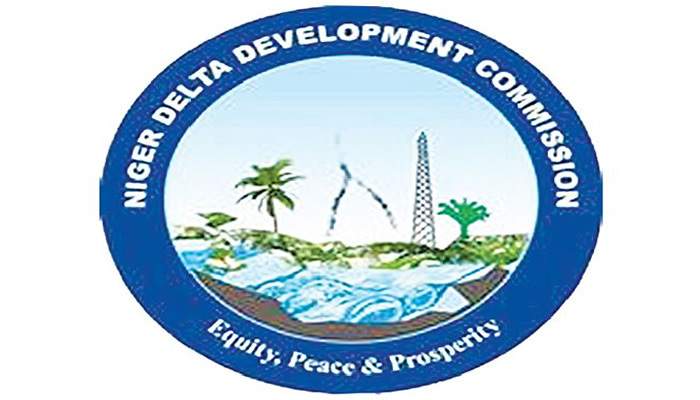The Optimistic Outlook Empowerment Initiative for Niger Delta has recently urged the Federal Government to give heightened attention to the development and welfare of the Niger Delta region. As articulated by the Executive Director, Mr. Somi Uranta, neglecting the needs of the people in this oil-rich area poses significant risks, including the potential for renewed unrest among the youth. This unrest, historically tied to dissatisfaction and a feeling of alienation, has previously disrupted oil production and negatively impacted Nigeria’s economy. Uranta’s warning signals a critical point in Nigeria’s governance, stressing that the health of the Niger Delta is intricately linked to the country’s overall economic well-being.
In his statement, Uranta lamented the recent dissolution of the Ministry of Niger Delta Affairs, a body established by the late President Umaru Yar’Adua specifically to cater to the unique challenges of the region. He regarded this move as a blatant disregard for the Niger Delta’s residents, a sentiment reflecting the broader perception that the Federal Government is failing to honor its commitments to the people who contribute significantly to the national economy through oil production. He emphasized that despite the ministry’s shortcomings, it provided an essential framework for addressing regional issues, and abolishing it could hinder progress rather than facilitate it.
One of the primary hurdles facing infrastructure development in the Niger Delta is the challenging terrain, which complicates the construction process. According to Uranta, constructing basic infrastructure such as roads or railways requires substantially higher financial investments compared to other regions of Nigeria. He cited an example, asserting that building a two-kilometer road in the Niger Delta could cost up to seven times what it would elsewhere due to the swampy conditions. This underinvestment in infrastructure not only hampers local economic growth but also exacerbates the isolation of communities within the region, underscoring a pressing need for focused governmental support.
Uranta further articulated the lack of essential services in the Niger Delta, including transport networks, which have been critical to the region’s economic prosperity. Compared to other areas in Nigeria that benefit from well-established railway networks, the Niger Delta remains largely disconnected. He argued that enhancing infrastructure would alleviate some of the travel hardships faced by residents and subsequently open doors to new economic opportunities. While recognizing that the Ministry of Niger Delta Affairs had its challenges, he highlighted the importance of optimizing its functionality instead of complete abandonment, calling for a reevaluation of government strategy toward the region.
Another vital concern raised was the inadequacy of follow-up on government amnesty programs aimed at rehabilitating former militants. Uranta pointed out that many ex-militants have received training but lack employment opportunities, leaving them frustrated and without viable pathways for their futures. This unmet need contributes to an environment ripe for conflict. Moreover, he described the dire economic and environmental conditions prevailing in the Niger Delta, marked by rampant pollution from oil extraction activities and the destruction of farmlands and water sources, which have severely impacted local livelihoods. The rising poverty levels, coupled with the absence of basic amenities such as clean drinking water and reliable electricity, highlight a systemic neglect that requires urgent redress.
Concluding his statements, Uranta urged leaders of the Niger Delta to take accountability for local governance and urged them to engage with the Federal Government proactively. He reiterated that while the Federal Government carries significant responsibility for the region’s well-being, regional governors also need to be attuned to their citizens’ needs, implementing sustainable programs aimed at addressing unemployment and poverty. By advocating against the dismissal of the Ministry of Niger Delta Affairs and calling for meaningful collaboration with local leaders, Uranta emphasized that ignoring the region’s needs not only perpetuates injustice but could also destabilize Nigeria as a whole. This call for action underscores the intertwined fate of national stability and regional welfare, making a compelling case for government engagement in the Niger Delta.


